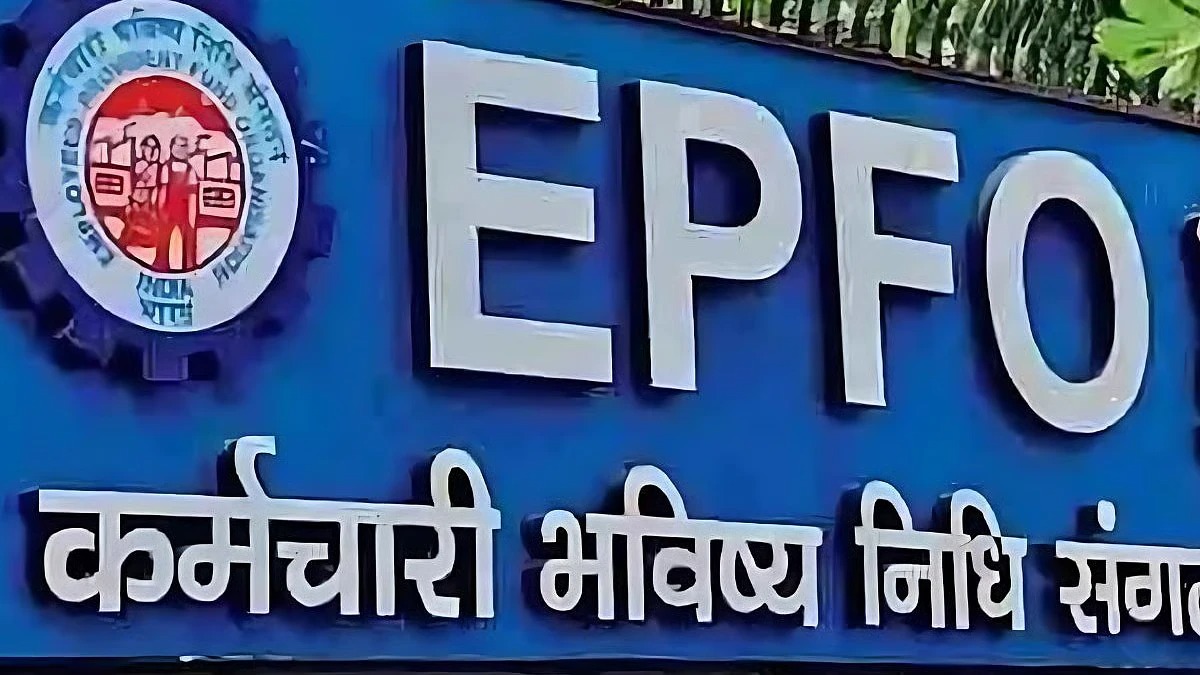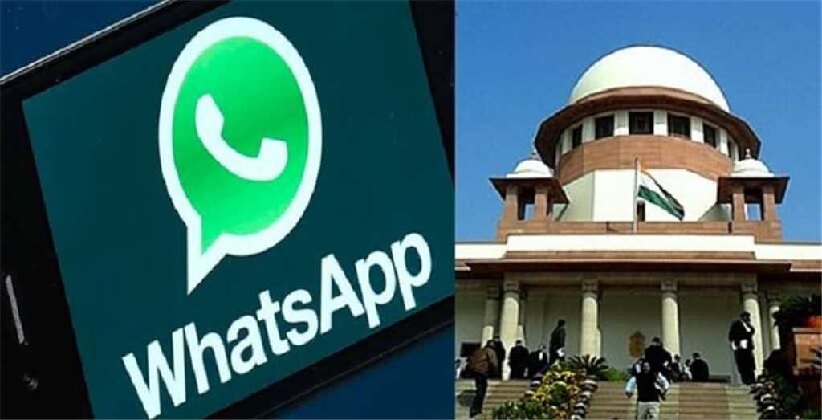Manmohan Singh, J.@mdashThe petitioner has filed the present petition under Article 227 of the Constitution of India for quashing of order dated 21st April, 2012, 2nd June, 2012 and 20th July, 2012 passed in Ex. No. 260/2011. Brief facts of the case are that the respondent herein Sh. Damoder Dass being the sole proprietor of M/s. Prehlad Rai Shyam Sunder had filed a civil suit for recovery of Rs. 7,55,000/- under Order XXXVII C.P.C. on 2nd September, 2003 against the defendants namely M/s. Sarita Trading Company, Sh. Ram Avtar, petitioner herein, and Sh. Ram Kishan Gupta, being Suit No. 196/2003, in the Court of Additional District Judge, Tis Hazari Courts, Delhi.
2. By judgment and decree dated 3rd February, 2006, the said suit of the Respondent was decreed against the Defendants (including the petitioner herein) for the sum of Rs. 7,55,000/- with cost and interest @18% per annum from the date of filing the suit till amount is paid by the Defendants.
3. None of Judgment Debtor challenged the aforesaid judgment and decree therefore the said judgment and decree became absolute and final. The decree sheet was prepared accordingly.
4. The execution petition No. 1217/2006 was filed against the Judgment Debtor (1) M/s. Sarita Trading Company, (2) Sh. Ram Avatar and (3) Sh. Ram Kishan Gupta which is presently pending sub judice in the court of Sh. Jitender Kumar Mishra, learned ADJ, Central District, Tis Hazari Courts, Delhi.
5. In the said execution, the decree holder Sh. Damodar Dass, respondent herein had filed an application under Order 21 Rules 37, 38, 41 read with Section 151 C.P.C. for arrest and detention of the judgment debtor because no payment for the satisfaction of the decree was being made.
6. During the course of hearing arguments, the Judgment Debtor Sh. Ram Avatar (petitioner herein) has admitted that his wife has two houses of 48 sq. metres each in Sector-8, Rohini, Delhi and both are double storey and it was observed by the court in proceeding dated 21st April, 2012 that the judgment debtor Sh. Ram Avatar is willfully avoiding the liability of the decretal amount. Thereafter, a request was made by him that he may be given time of 15 days for making the payment of the decretal amount and got recorded his statement to this effect before the court.
7. But since he did not comply with the terms of the statement made by him before the trial court, the warrants of arrest were ordered to be issued. The application u/o. XXI Rule 37, 38 & 41 CPC stands decided and disposed off. This order has not been challenged till date.
8. The matter was again taken up on 2nd June, 2012 on the application u/s 151 CPC moved by counsel for Judgment Debtor Sh. Ram Avatar (petitioner herein) for cancellation of warrants of arrest. During the arguments, the learned Counsel for the Judgment Debtor had also made a statement to the effect that the Judgment Debtor himself agrees to deposit a sum of Rs. 2,50,000/- in terms of the statement within the time stated therein.
9. That in view of the said statement made by the learned Counsel for the Judgment Debtor Sh. Ram Avatar (petitioner herein), the warrants of arrest were stayed for compliance of the undertaking given by the Judgment Debtor Sh. Ram Avatar for depositing a sum of Rs. 2,50,000/-. The Judgment Debtor Sh. Ram Avatar has deposited a sum of Rs. 2,50,000/- vide FDR issued in the name of the court by the Punjab National Bank, Rani Bagh, Delhi.
10. That the Judgment Debtor Sh. Ram Avatar (petitioner herein) had moved an application u/s 151 CPC dated 3rd July, 2012 for recalling of statement dated 21st April, 2012 and the said application together with an application for review of order dated 21st April, 2012 were disposed off vide impugned order dated 20th July, 2012.
11. It is well settled that jurisdiction of this Court under Article 227 is limited.
12. Article 227 of the Constitution of India reads as under:
227. Power of superintendence over all courts by the High Court-
(1) Every High Court shall have superintendence over all courts and tribunals throughout the territories in relation to which it exercises jurisdiction.
(2) Without prejudice to the generality of the foregoing provisions, the High Court may-
(a) Call for returns from such courts;
(b) Make and issue general rules and prescribe forms for regulating the practice and proceedings of such courts; and
(c) Prescribe forms in which books, entries and accounts shall be kept by the officers of any such courts.
(3) The High Court may also settle tables of fees to be allowed to the sheriff and all clerks and officers of such courts and to attorneys, advocates and pleaders practicing therein; Provided that any rules made, forms prescribed or tables settled under clause (2) or clause (3) shall not be inconsistent with the provision of any law for the time being in force, and shall require the previous approval of the Governor.
(4) Nothing in this article shall be deemed to confer on a High Court powers of superintendence over any court or tribunal constituted by or under any law relating to the Armed Forces.
(i) In Waryam Singh and another ((supra)), the court observed; "This power of superintendence conferred by Article 227 is, as pointed out by Harries, C.J., in-"
(ii) In
(iii) In
(iv) In
(v) In
13. Thus in the light of principles laid down in above decisions, it is submitted that the present petition under Article 227 of the Constitution of India against impugned order/orders/statements recorded by JD as well as his counsel is not maintainable at all as the petitioner failed to show grave dereliction of duty/flagrant abuse of fundamental principles of law or justice by the trial court, where grave injustice had been done requiring interference by this Court under Article 227.
14. Counsel for respondent argued in the present case that the petitioner alongwith other JDs is liable to pay more than Rs. 20,00,000/- (Rupees Twenty lac only) as decreetal amount. However, despite the undertaking, an amount was paid by the judgment debtor included the petitioner who is one of the JD.
15. Thus for the aforesaid reason, I am of the view that the impugned order does not suffer from any infirmity which calls for interference by this Court as there is no legal error, illegality, irrationality and procedural impropriety. The present petition is totally false and frivolous. Thus the same is dismissed.

